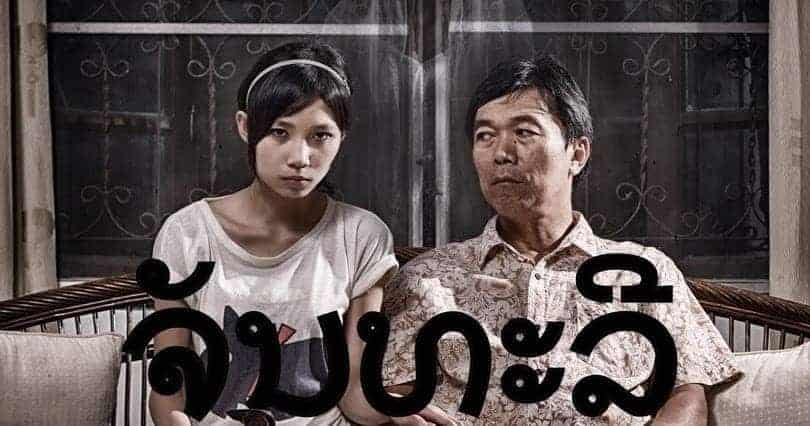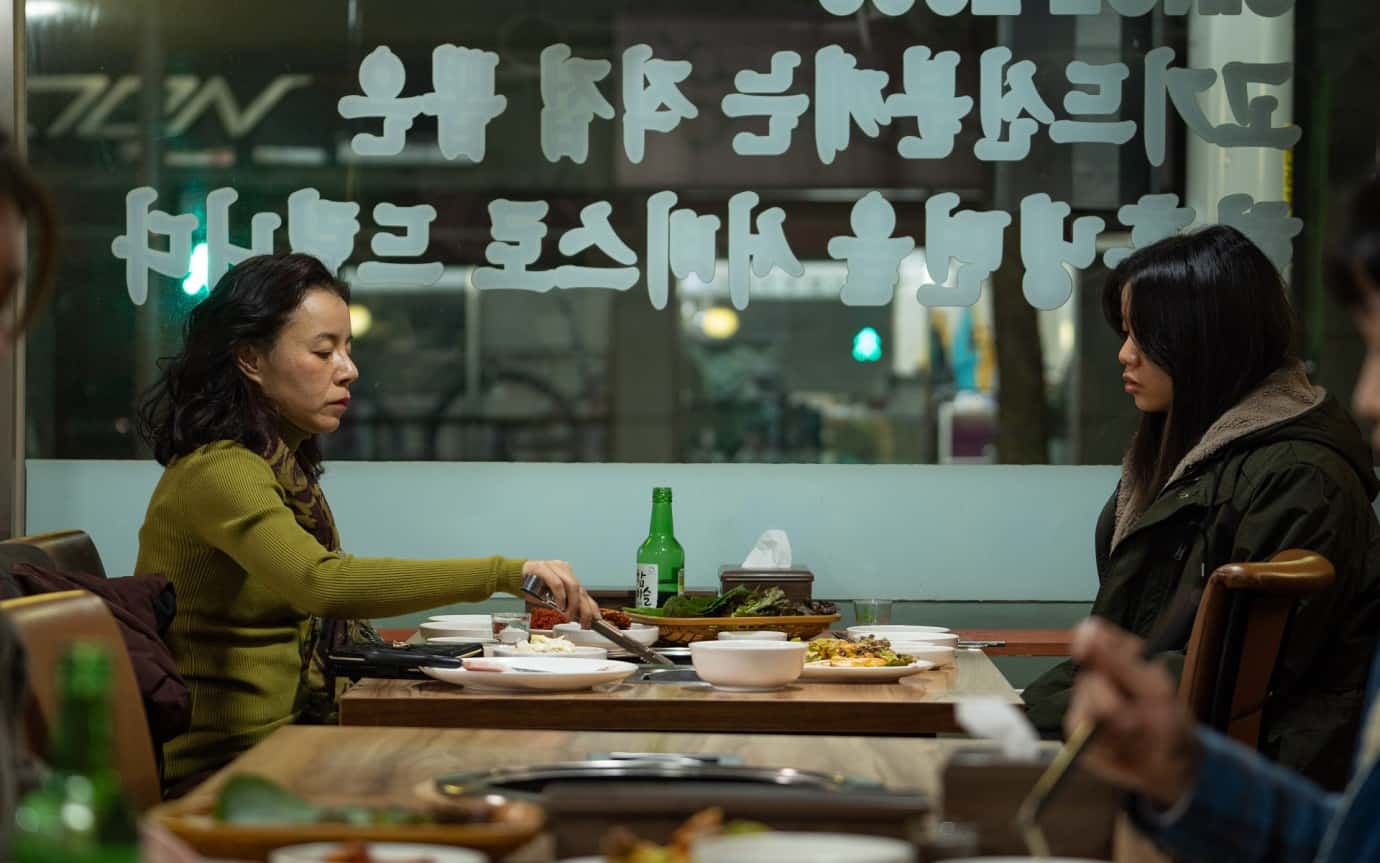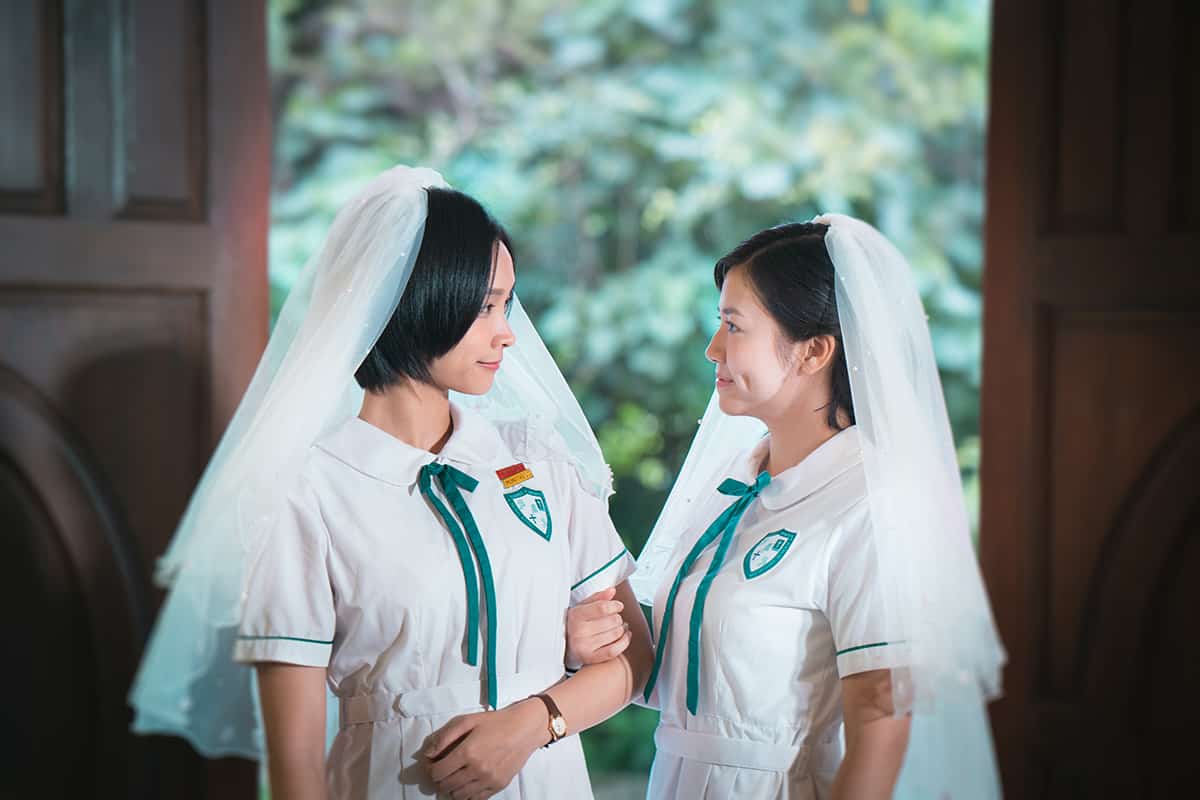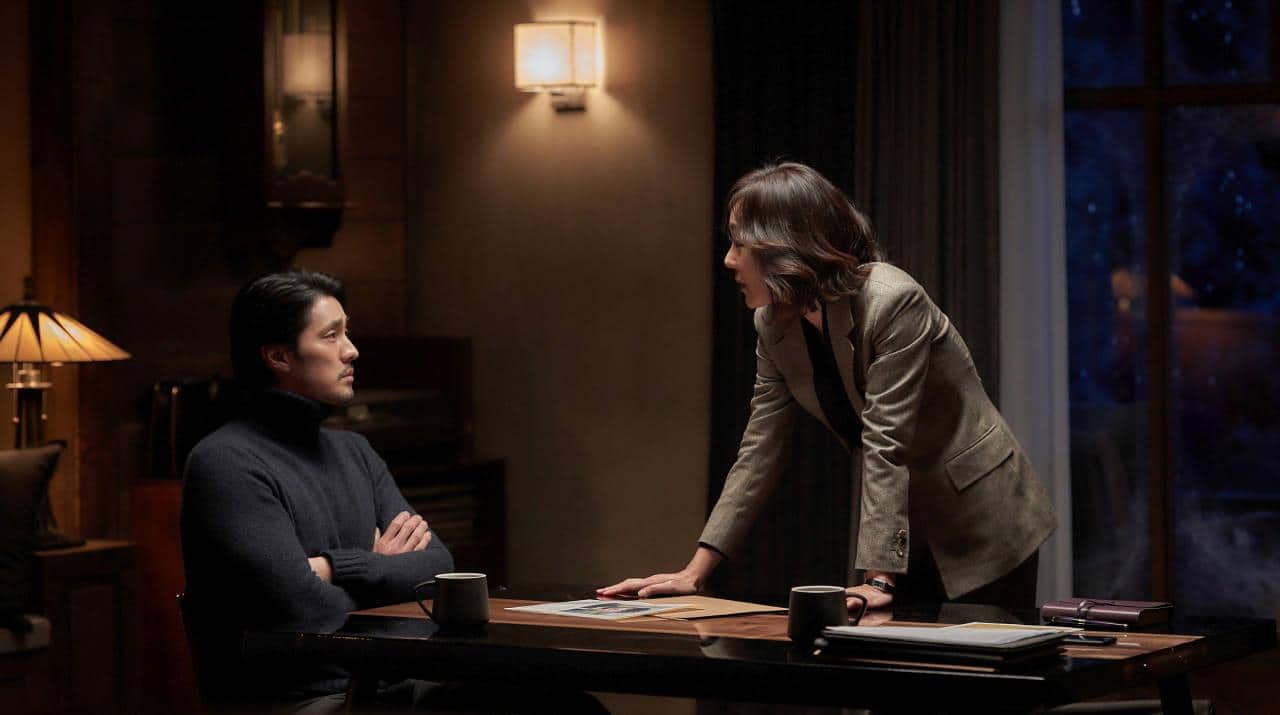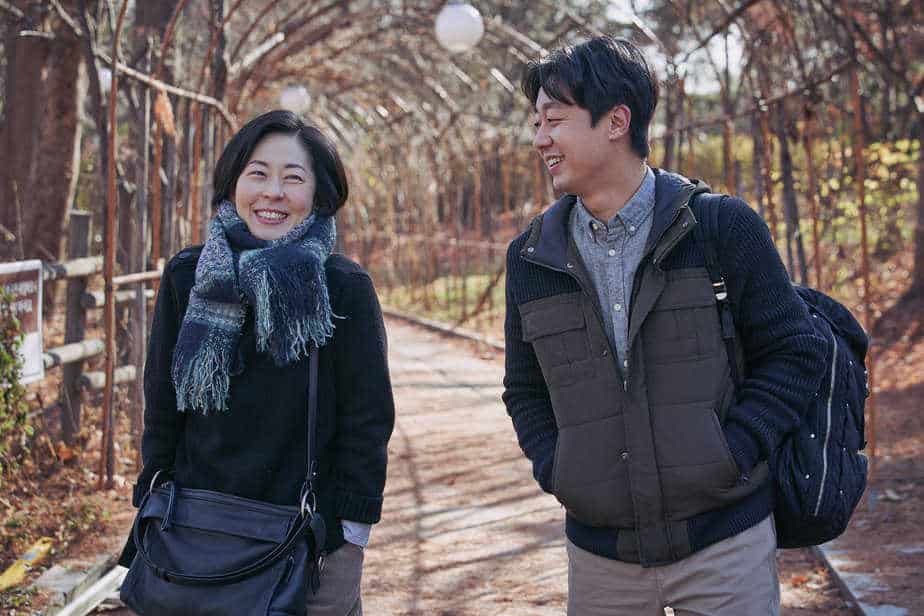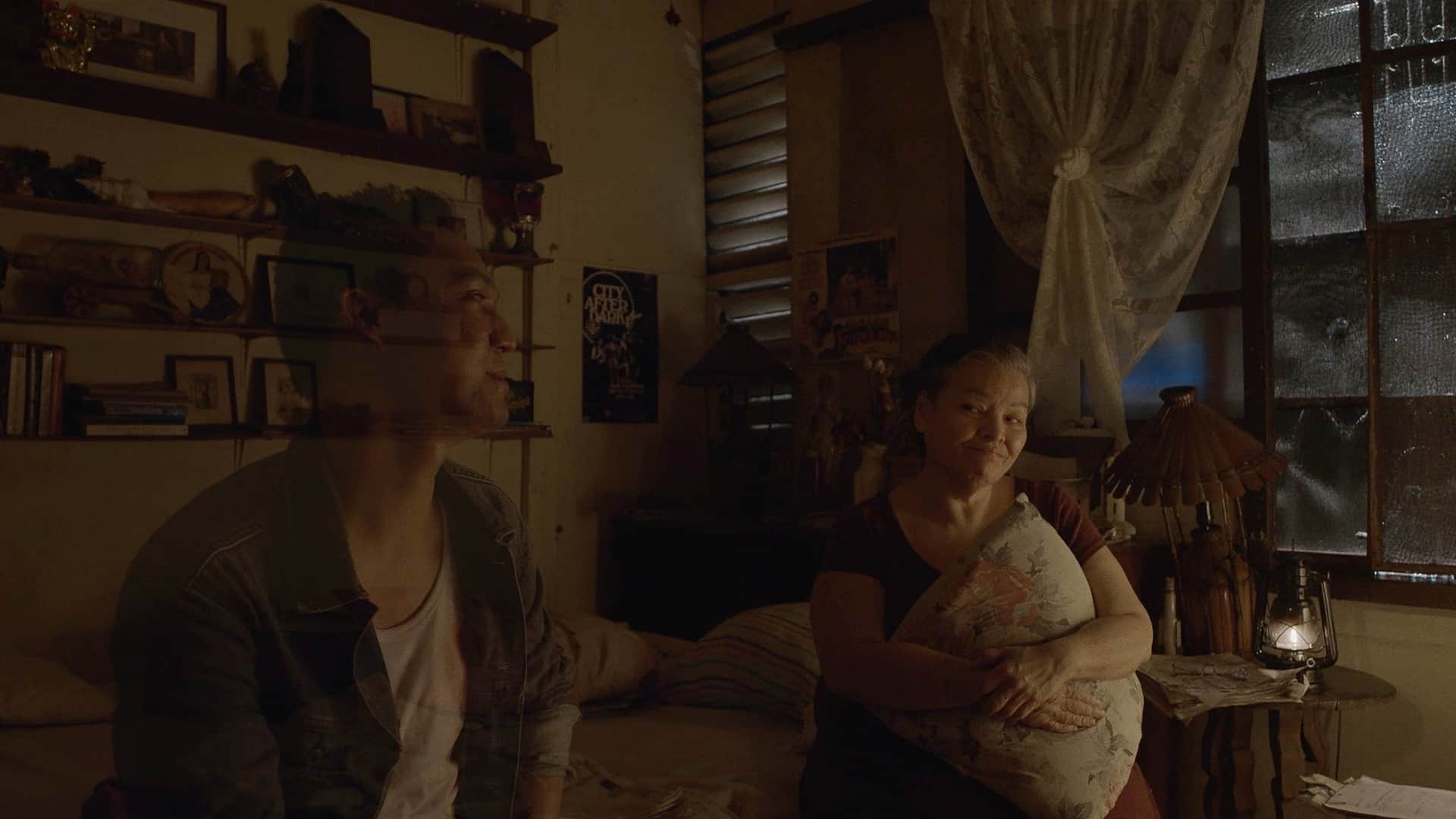Lao-American filmmaker Mattie Do will be part of the 2019 International Jury of the Far East Film Festival's White Mulberry Award. Chanthaly is her mixed-genre first feature.

Chanthaly is a 20-something years old woman. She has a heart problem, making her take medicines and forbidding her to leave the house. The young stay-at-home daughter has been raised by her father, as her mother died in childbirth. She starts seeing her mother's ghost and having flash-backs, which leads her to question her life story.
“Chanthaly” is hard to define and never takes the expected path, which makes it even more interesting.
Do's film definitely has a touch of horror with the mother's ghost. At first, the object of fear (the phantom) is suggested and not shown, in a very “X-Files” way. It evolves to being clearly revealed on screen. The development of the dead's mother spirit is actually noteworthy. She is at first guessed, then openly exposed. She is scary, then reassuring, then intimidating; she is a promise to an opening to the world, then a frightening and smothering force.
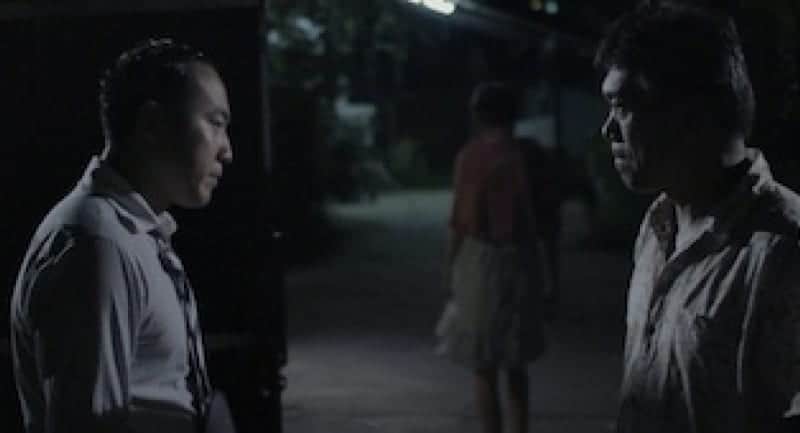
The movie is also almost a ‘huis-clos'. All the action happens in the father's property (even in the afterlife). Chanthaly cannot go out, and when she does, the ‘outside world' is not shown on screen and going out doesn't end up well for the main character. The house is her psychological and physical prison. The ambivalent tie to the inside/outside world is also indicative of the ambiguous father-daughter relation, and later on the mother figure-daughter relation.
Death- or at least the in-between life- and its representation in the movie are quite surprising. It's always sunny (not in Philadelphia but) in the afterlife. It's very bright and luminous, giving a positive note to a presumably not-so-positive experience. Those who are stuck there are wearing white, which gives a purity note. On the other hand, and despite all these positive (?) points, life after death is more a prolongation of the trap Chanthly was in.
Mattie Do's feature enjoys a naturalistic aspect, enhanced by the lighting and a mostly slower pace. This actually gives the movie an indie psychological thriller aspect; another layer to the film.
In terms of acting, the best performance is, of course, the dog's one (Obviously. No one is being biased here. It just so happens that the dog is very cute and an incredible actor). The ‘human actors', Amphaiphun Phommapunya (Chanthaly), Douangmany Soliphanh (the father) or Soukchinda Duangkhamchan (Thong, the neighbour) are all credible, although the movie is their first acting credit.
In conclusion, “Chanthaly” is an interesting movie, for its uniqueness but also to enjoy one of the not-so-easy-to-access Laotian movies.


